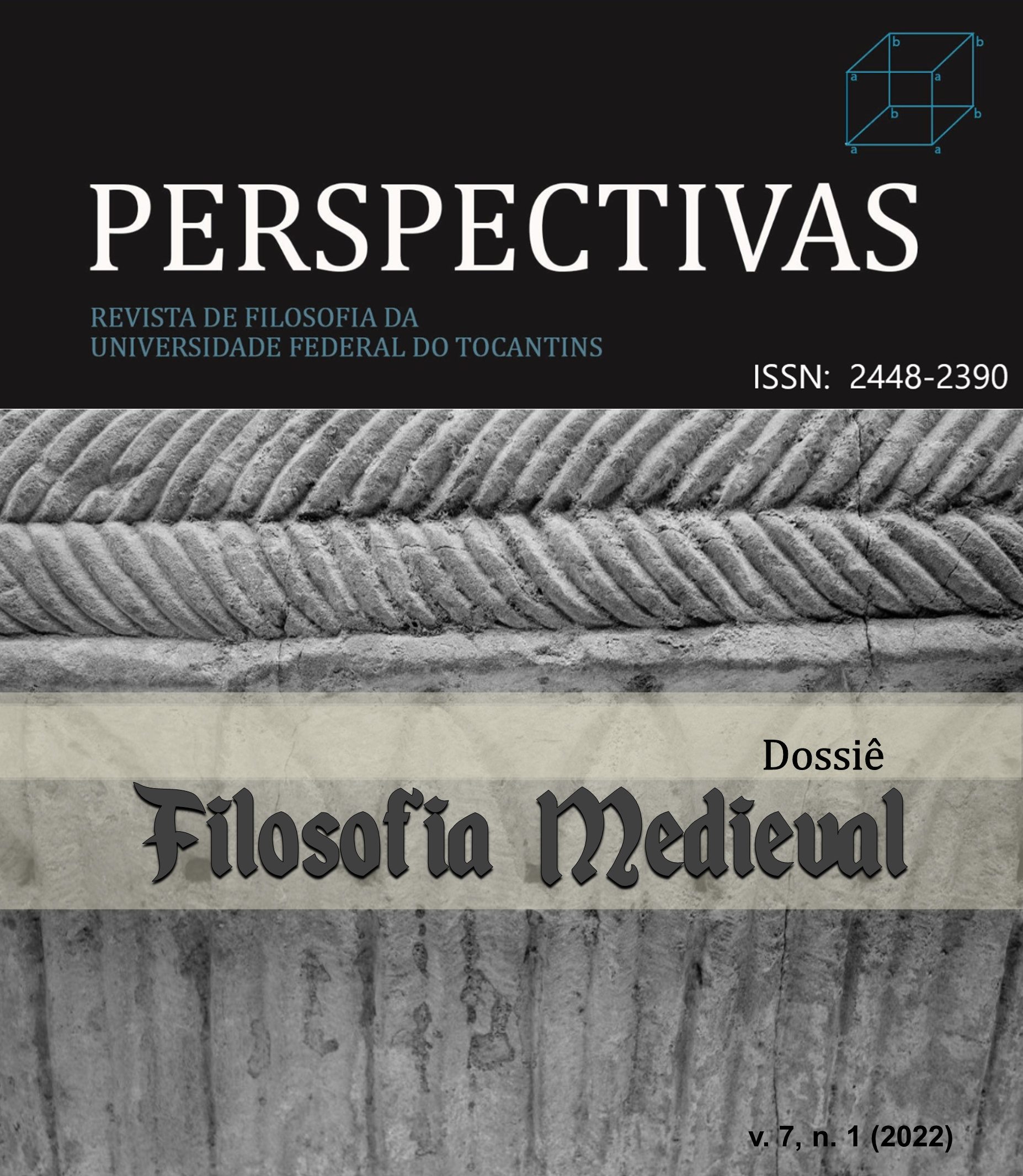Affectio in Anselm of Aosta
DOI:
https://doi.org/10.20873/rpv7n1-26Abstract
Thinking about God’s grace and man’s freedom at the same time has always been essential, though difficult for Christian reflection. Anselm often considered this difficulty, which is similar to that arising from the use of sola ragione in a prayer posture. In his work De Concordia, third part, ch. 11, Anselm constructs a representation of the will that takes on the maximum demands of Christian reflection. This chapter distinguishes three aspects in the will: instumentum, aptitudo, and usus; the aptitudo is called affectio. In his De libero arbitrio, Anselm distinguished instead between the instrument and the use, without considering the affectio. With special attention to contemporary phenomenology, this paper highlights both why the theme of affectio should be introduced and the significance of this late introduction in Anselm’s work.
Downloads
Published
How to Cite
Issue
Section
License
The Magazine is under the Creative Commons Attribution 4.0 International Public License (CC BY 4.0), according to which:
1) The authors retain the copyright and grant the journal the right of first publication, with the work simultaneously licensed under the Creative Commons Attribution which allows the sharing of articles published with the recognition of authorship and initial publication in this journal.
2) Authors are authorized to enter into additional contracts separately for distribution of the version of the work published in this journal, as long as there is recognition of authorship and initial publication in Perspectivas.
3) Authors are authorized and encouraged to disseminate published texts with proper references to the journal and its authors.





















